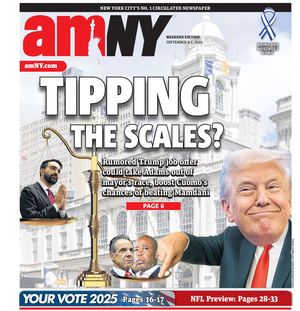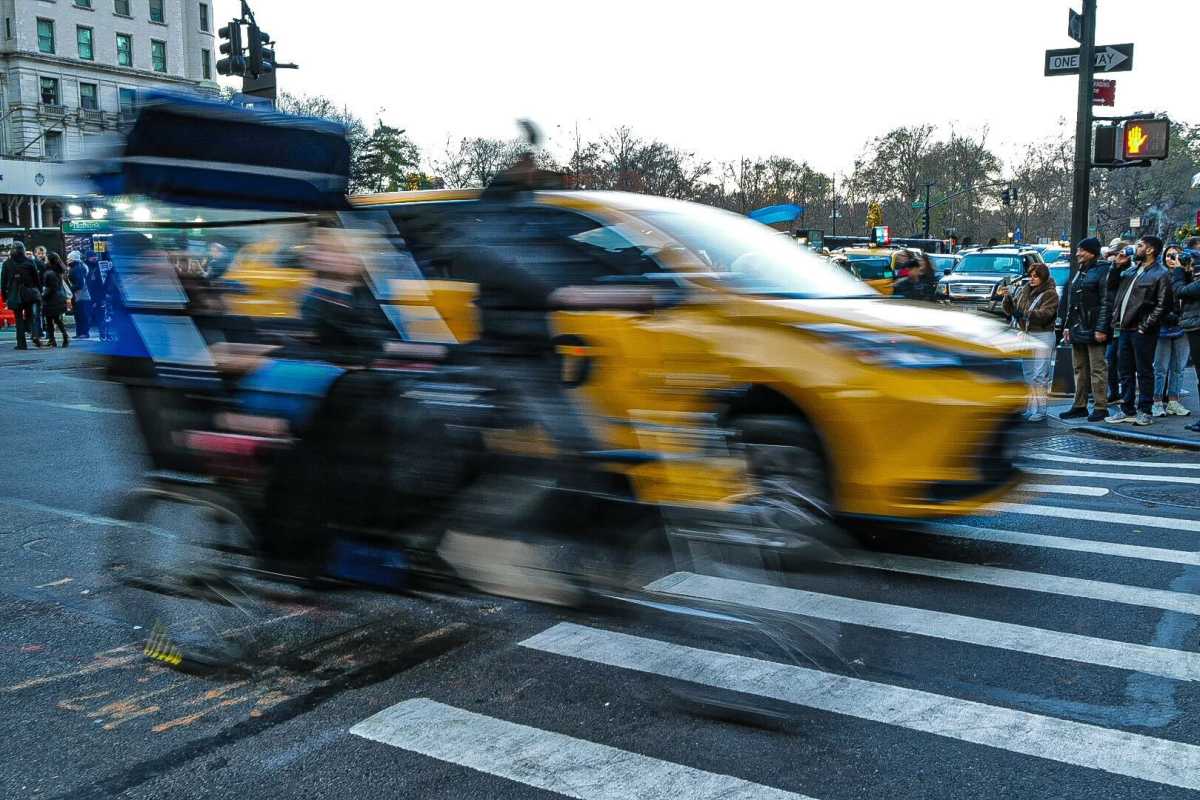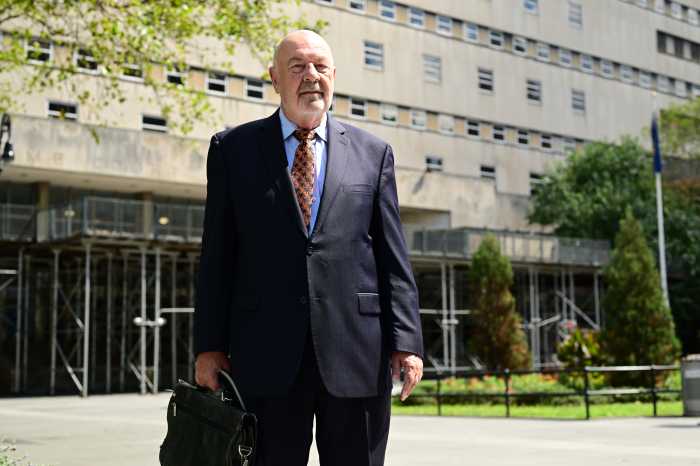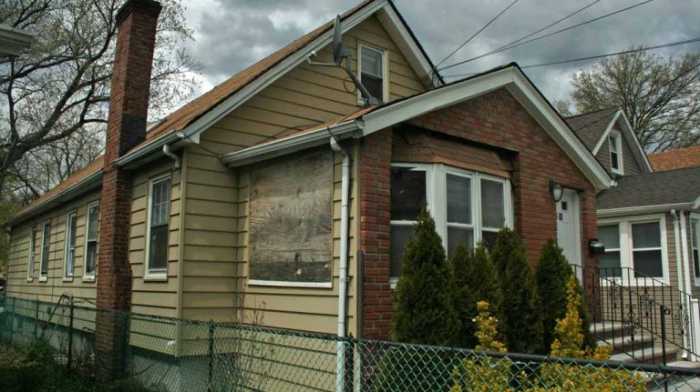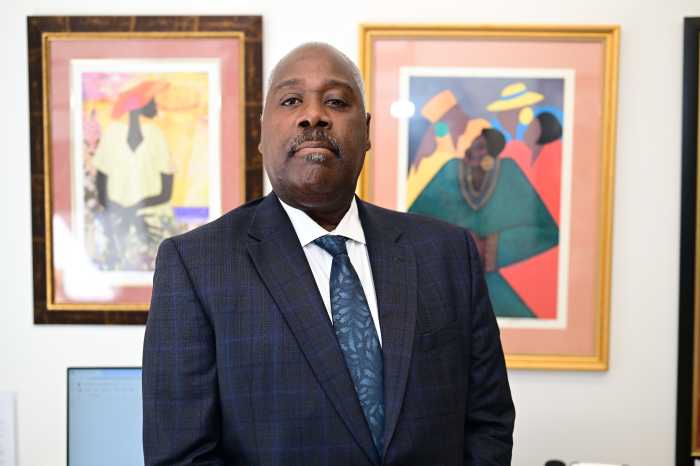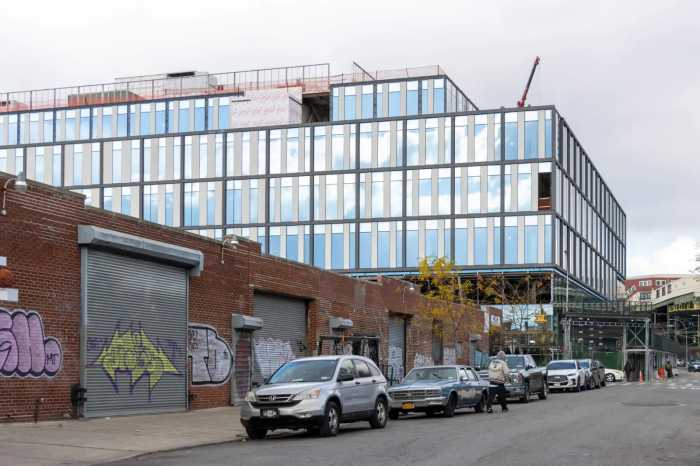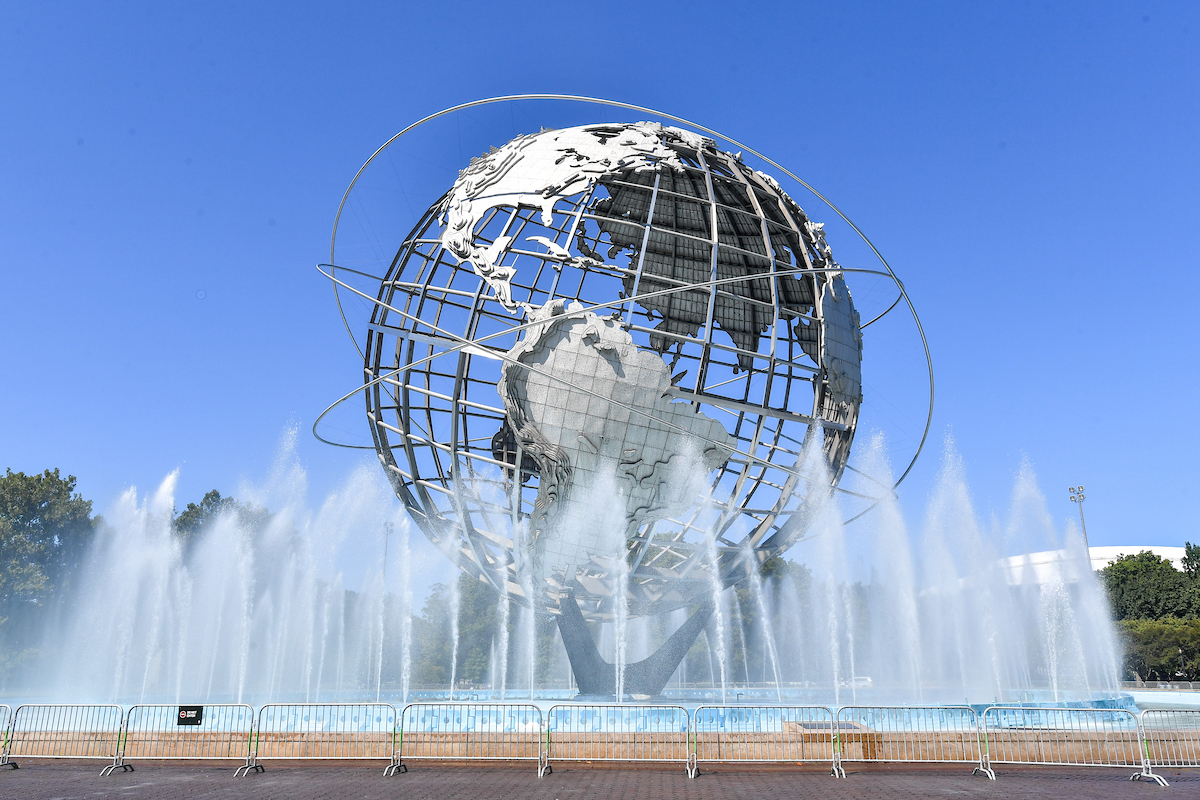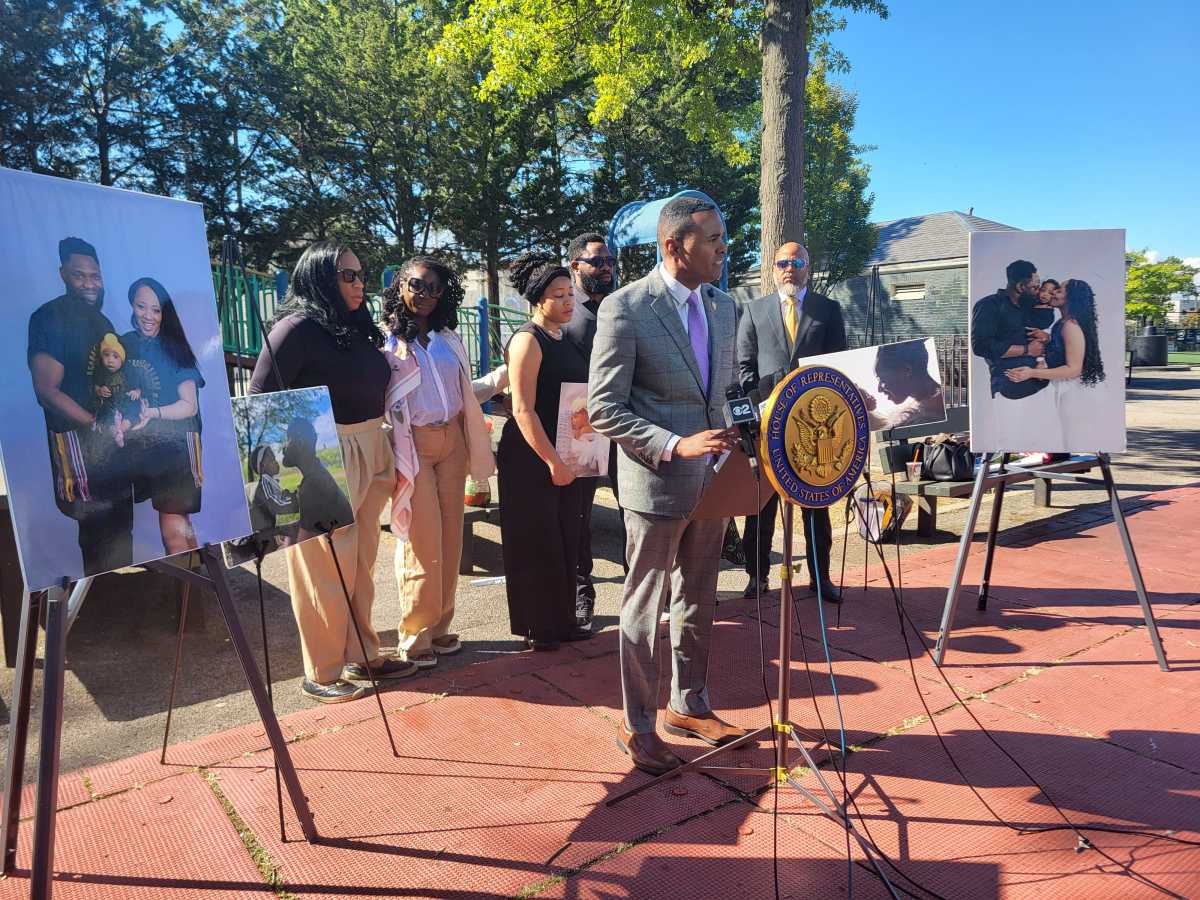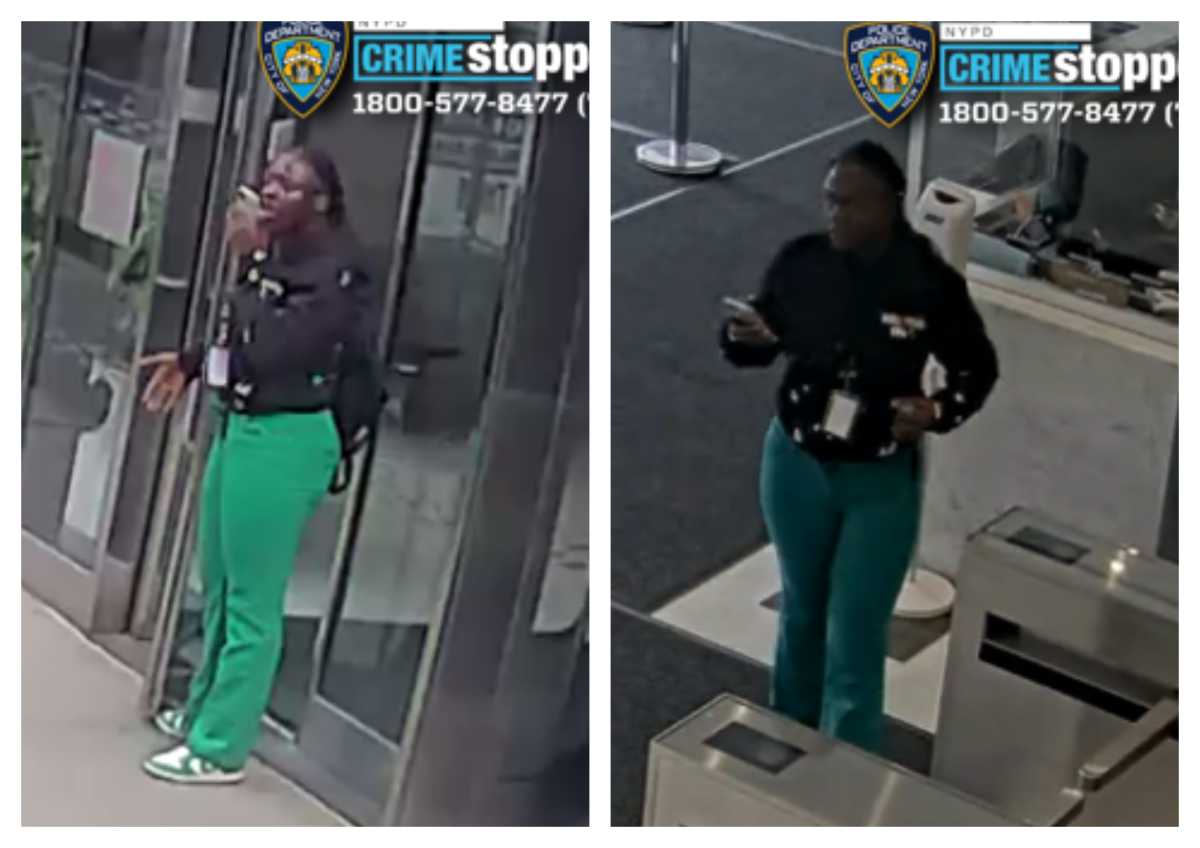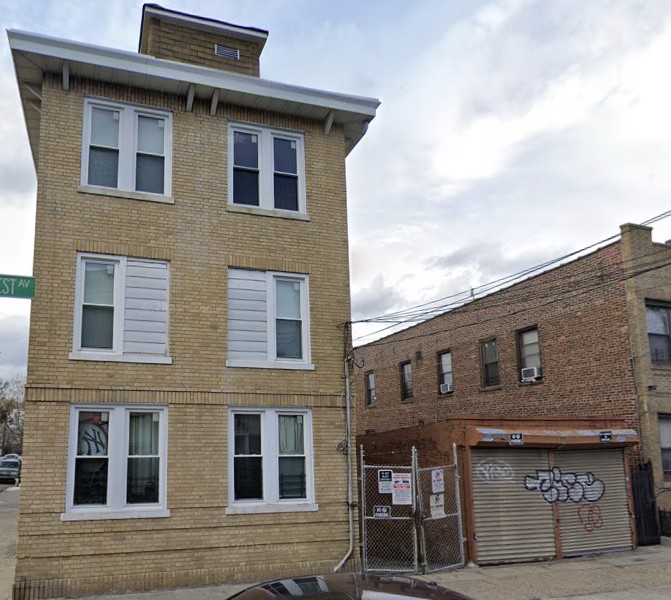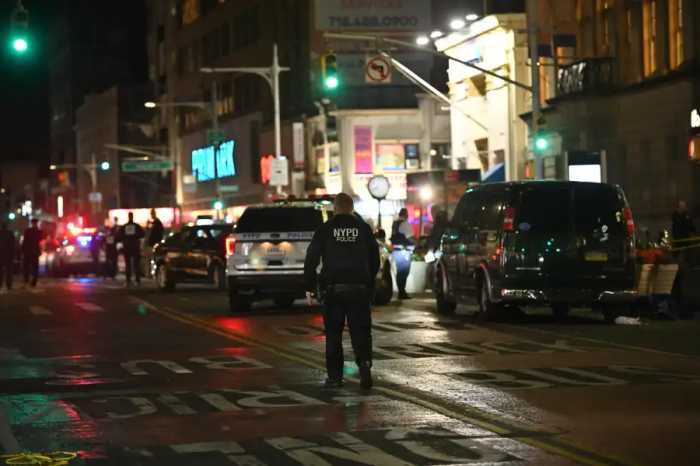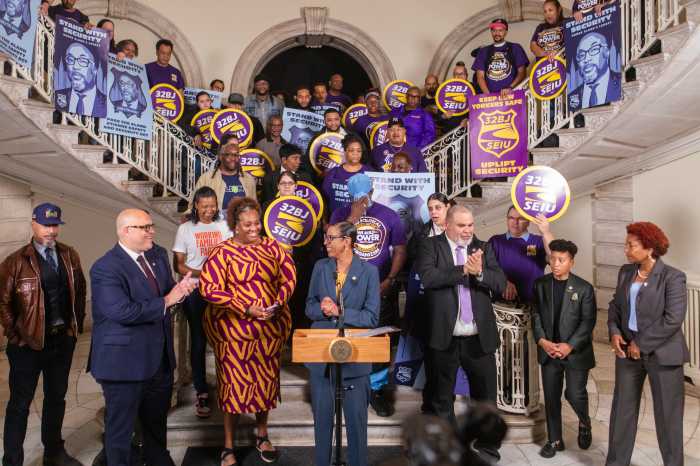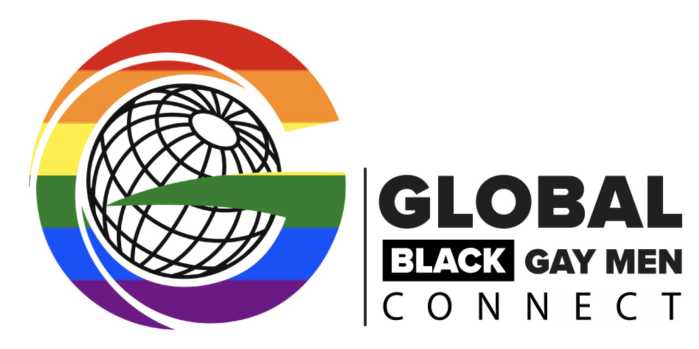President Trump’s “One Big Beautiful Bill” includes sweeping changes that could affect how New Yorkers get around, how much Uber, taxi, and bus drivers take home, and how the city tackles climate change.
The bill has two standout provisions for the transportation world. First, it gives workers new tax breaks for tips and overtime. Second, it ends federal tax incentives for electric vehicles, which could slow down the city’s push for a greener future.
A tip for your driver could go a little further
If you have ever tipped a yellow cab or Uber driver, those dollars might now come with a perk for the person behind the wheel. The new law lets workers deduct up to $25,000 in tip income and up to $12,500 in overtime pay (double for married couples) from their federal taxable income. These deductions are phased out for individuals earning over $150,000 annually (or $300,000 for joint filers), but for the vast majority of working drivers, the benefit could be substantial.
Yellow cab drivers in New York City earned about $11,500 in tips last year, according to the NYC Taxi and Limousine Commission (TLC). That’s nearly 15% of their total income. Under the new law, most of it could now be tax-free.
The deduction only applies to occupations that “customarily and regularly” receive tips, and the IRS still needs to define exactly what that means. So, while the bill promises help for working drivers, who actually gets the benefit is still up in the air.
Overtime pay could become more valuable — but it’s complicated
The overtime deduction is also expected to benefit drivers who work long hours. But not all overtime counts. Under the new law, only the overtime premium paid to employees working more than 40 hours a week qualifies. Premium pay tied to long daily shifts, which is common in the transit and charter bus sectors, will not automatically qualify.
Transit and bus unions may need to revisit contract terms to ensure that drivers receive the full benefits. Some private companies may consider transitioning from part-time or contractor models to full-time employment, particularly in the luxury transportation sector. But doing so comes with trade-offs: Offering benefits and covering payroll taxes can be costly, even if workers gain new tax perks. As a result, these costs could be passed along to the riders.
A blow to the city’s clean car goals
While working drivers could gain some tax relief, the new law eliminates a key federal incentive for cleaner vehicles. Starting October 1, 2025, the $7,500 federal tax credit for new electric vehicles (EVs) and the $4,000 credit for used EVs will be eliminated. This move also ends the Commercial Clean Vehicle Credit, which supported fleet purchases.
That is bad news for NYC’s sustainability goals. The TLC has been pushing hard to electrify the city’s taxis and for-hire vehicles, even announcing a goal for an all-electric rideshare fleet (Uber and Lyft) by 2030. Many of the independent drivers and small dispatching base operators expected to help meet that target relied on federal incentives to make the switch to EVs
The loss of those credits means higher upfront costs for EVs, and fewer drivers may be able to afford them. That could slow the pace of adoption and limit the city’s ability to reduce tailpipe emissions.
While New York and New Jersey also offer state-level rebates, they do not come close to replacing what the federal government just eliminated. In April 2025, NY Governor Kathy Hochul announced $30 million for the Drive Clean Rebate, which offers up to $2,000 per car. However, the program is limited – and already oversubscribed.
Some fleet operators may delay or cancel EV orders, while drivers facing higher monthly payments could opt for older gas-powered vehicles, undermining years of progress.
The bottom line
Trump’s “Big Beautiful Bill” offers some short-term financial help for working drivers, but at the cost of long-term progress on climate and equity goals. The big winners may be full-time drivers with long hours and generous tips. The potential big losers? Cities like New York, which now must figure out how to meet ambitious environmental goals with fewer tools and less federal financial support for those goals.
The rollback on EV credits could worsen traffic emissions and stall green transit initiatives. It may even lead to more noise and pollution in neighborhoods already burdened by congestion and poor air quality. For New Yorkers hoping to buy an EV, the timing could not be worse: prices remain high, and federal help is disappearing just as more people are trying to make the switch.
New Yorkers may not have voted on this bill, but its effects will soon be felt from subway platforms to sidewalk curbs.
Matthew W. Daus is the former NYC Taxi & Limousine Commissioner, chair of the transportation law practice at Windels Marx and chair of the New York City Bar’s transportation committee.
